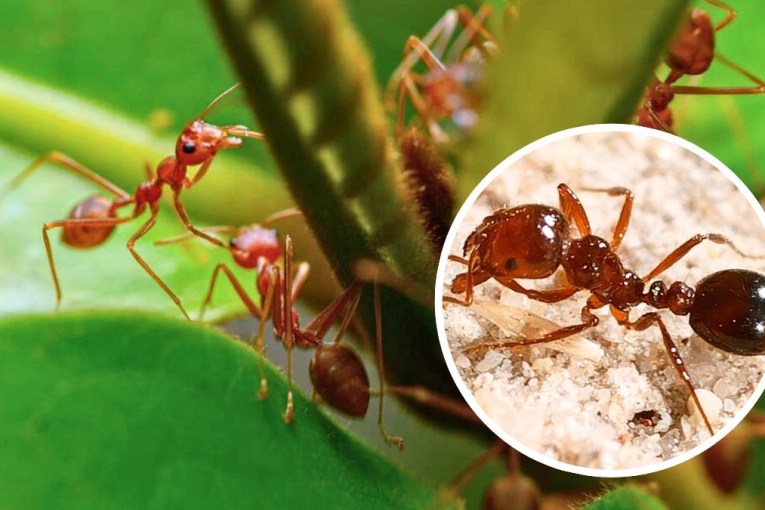Australian scientists debunk ‘sexplanation’ for male dominance as high achievers

Scientists have debunked the myth that more men are high achievers than women due to biology. Photo: AAP
Australian scientists have debunked a century-old belief that more men are geniuses and high achievers than women due to biology.
Researchers say the long-held “sexplanation” based on behavioural patterns has been used to argue why more men are successful than women.
Biologist Lauren Harrison says scientific theory assumed that greater behaviour variability among male animals explained why more men than women were considered geniuses or went on to be leaders.
But it failed to consider other reasons, such as historical exclusion or gender stereotyping, that could have led to fewer women being in top jobs or professions involving science, technology, engineering and mathematics.
“Instead of using biology to explain why there are more male CEOs or professors, we have to ask what role culture and upbringing play in pushing men and women down different pathways,” Ms Harrison said on Thursday.
This includes the many ways women are discouraged from a career in male-dominated professions, she said.
“Based on our data, if we assume that humans are like other animals, there is an equal chance of having a similar number of high-achieving women as there are high-achieving men in this world,” she said.
“There is also just as great a chance of having a similar number of men and women that are low achievers.”
The Australian National University team reviewed more than 10,000 biological studies.
It also analysed behavioural traits of males and females in more than 200 animal species, from insects to dolphins.
Researchers found males and females have similar levels of behaviour variability in contrast to the accepted historical theory.
“The significance of greater male variability for evolution goes back to Charles Darwin,” Ms Harrison said.
“He suggested that male species often look or behave far differently from each other compared to females of the same species.”
Ms Harrison said the English naturalist and biologist, who is best known for his contributions to the science of evolution, also suggested that “greater male variability is due to sex-specific selection”.
To conduct their study, researchers looked at five types of behavioural traits used to measure personality in animals: Boldness, aggressiveness, exploration, sociability and activity.
The research was published in Biological Reviews.
-AAP








